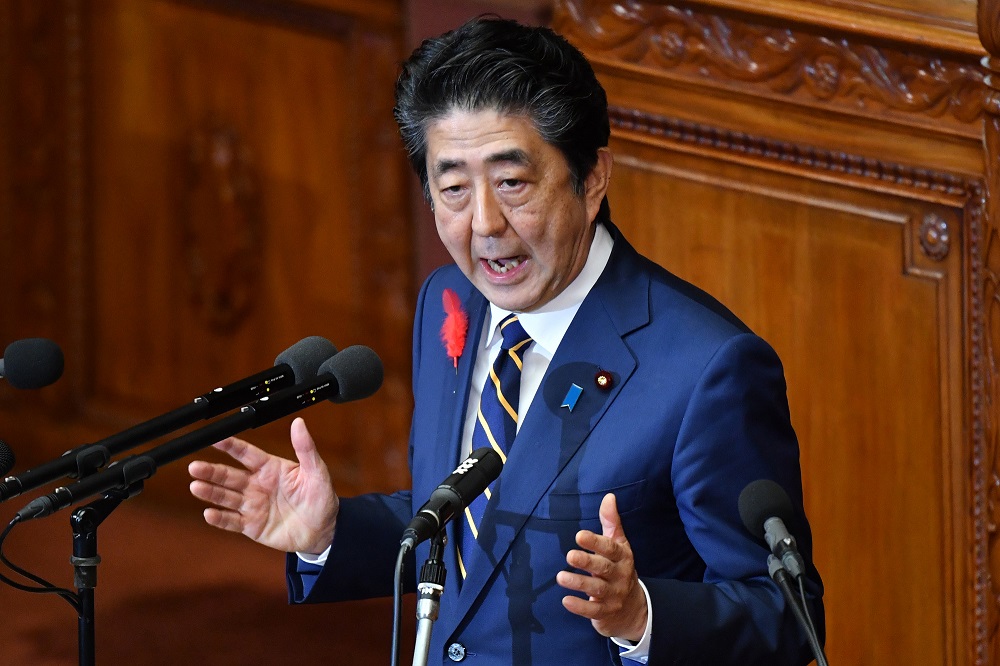
- ARAB NEWS
- 02 Jul 2025

Tokyo
Shinzo Abe became Japan’s longest-serving prime minister by marking his 2,887th day in office on Wednesday, overtaking Taro Katsura, who led the country for 2,886 days in the early 1900s.
Enjoying stable political footing even nearly seven years after returning to power in 2012, Abe may continue rewriting all-time records until his current term of office as president of the ruling Liberal Democratic Party expires in September 2021.
Abe has denied his intention to seek another term as LDP president, although some party members want him to stay in power. During the current remaining term as LDP leader, Abe aims to pave the way for realizing his political ambitions, including constitutional revisions.
Abe first took the post of prime minister in September 2006 at the age of 52, becoming the country’s youngest leader in the post-World War II era. But he stepped down only a year later due to a series of resignations by ministers of his cabinet as well as his health problems.
After returning to power in December 2012, Abe visited Tokyo’s Yasukuni Shrine as he regretted not visiting the Shinto shrine during his first tenure as prime minister.
The shrine is regarded as a symbol of Japan’s past militarism by China and South Korea as it honors Class-A World War II criminals along with the war dead.
In 2014, the Abe cabinet approved a plan to allow Japan to exercise the right to collective self-defense.
Still, Abe is halfway to accomplishing many of his goals.
It now seems difficult for him to realize a goal of putting a revised Constitution into force in 2020 due to persistent resistance from opposition lawmakers.
Negotiations on a territorial dispute between Tokyo and Moscow over four Russian-held northwestern Pacific islands have been stalled, although Abe has been vowing to put an end to the decades-old row by himself.
Abe has also been struggling to resolve the issue of abductions of Japanese nationals by North Korea decades ago, one of his most important challenges.
If Abe stays in power, his consecutive days in office since returning to power will hit an all-time record in August next year, surpassing the record 2,798 days set by Eisaku Sato.
[Jiji Press]